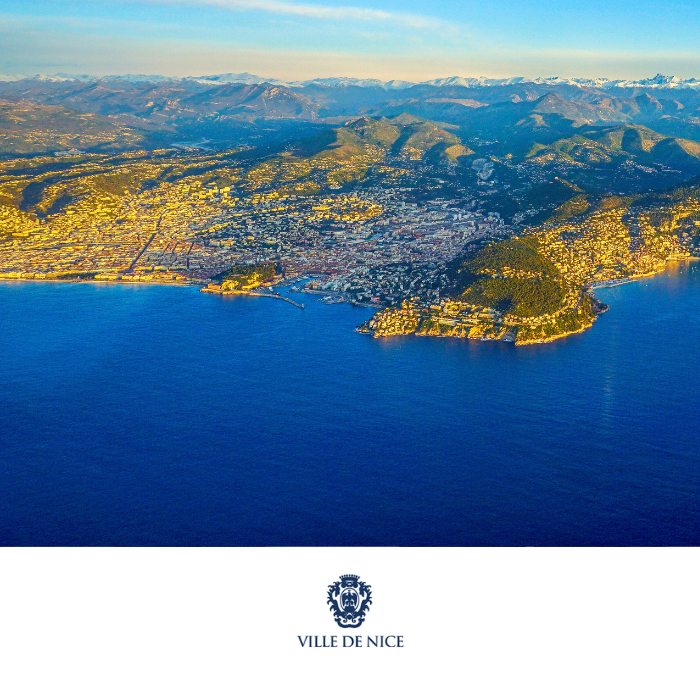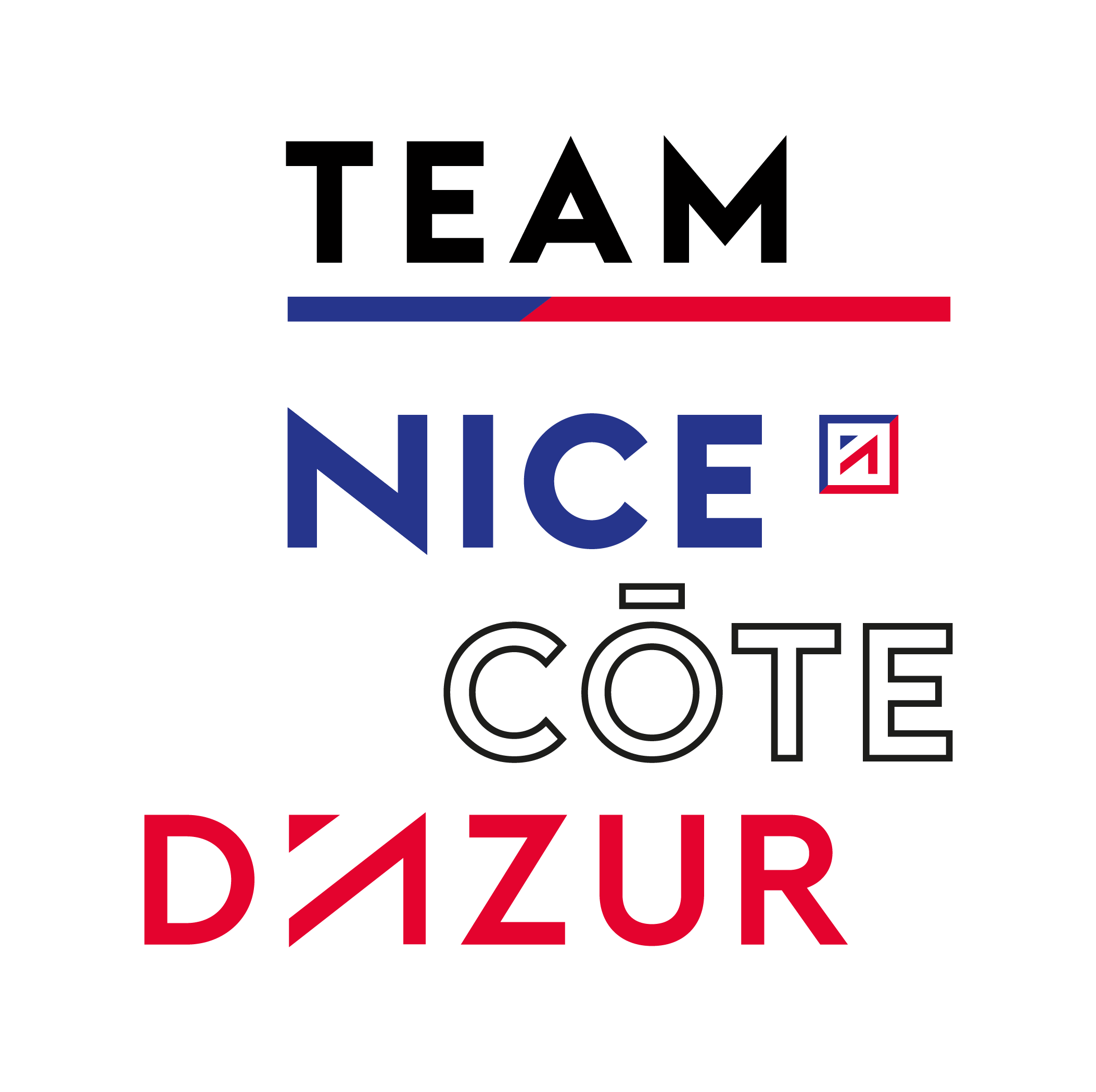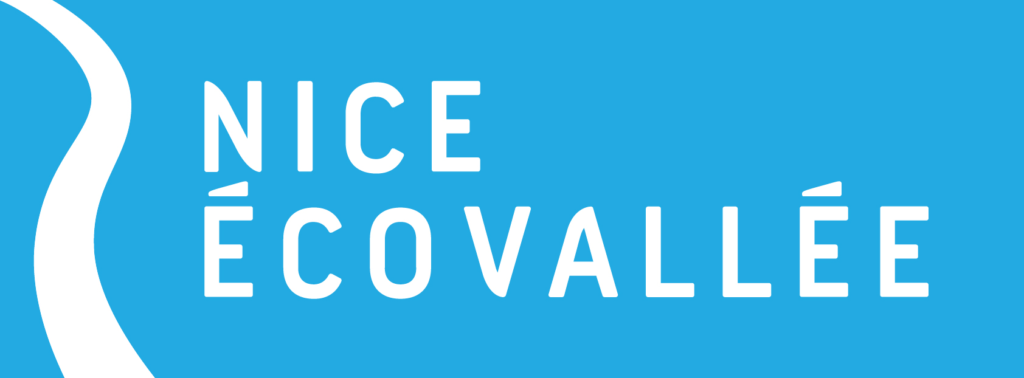
Key points:
- Nice is ranked first among French cities with more than 300,000 inhabitants for quality of life.
- It stands out particularly in terms of safety, transport infrastructure, and health services.
- Municipal investment significantly contributes to the improvement of the quality of life and the low level of local taxes.
Exceptional ranking of Nice
According to the Journal du Dimanche, Nice has risen to first place among large French cities with more than 300,000 inhabitants in terms of quality of life. The city also ranks 13th in the overall ranking of French municipalities, moving up five places from the previous year. This performance is all the more remarkable as it goes against the general downward trend observed in other French metropolises.
Keys to success: safety and infrastructure
One of the major reasons for this success is the emphasis placed by the city on safety and infrastructure. Christian Estrosi, mayor of Nice, underlines the importance of the reinforced Municipal Police in terms of staff, equipment, and training. The close collaboration between the Municipal Police, the Justice system, and the National Police, particularly in the field of video surveillance, constitutes a major asset for the city. An ambitious project is underway, with the creation of a shared police hotel, a pioneering initiative in France.
Municipal investment and quality of life
Nice’s approach to municipal investment plays a crucial role in its ranking. Every euro invested by the city generates ten euros of private investment, thus contributing to various sectors such as education, culture, events, and higher education.
This investment strategy is also reflected in local taxes, which are among the lowest in major French cities, excluding Paris.
Nice’s position as the top city among major French cities where it is good to live highlights the city’s commitment to offering a high quality of life to its inhabitants.
















